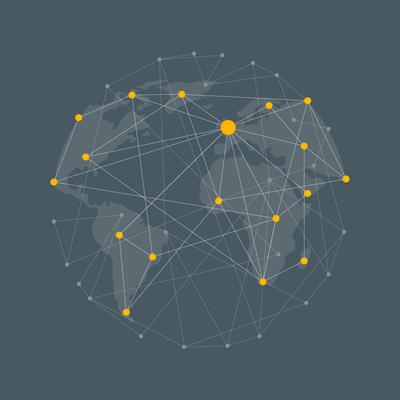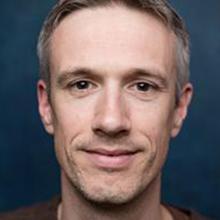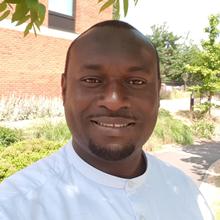Population mapping helps measure access to surgery in Africa

Research examining pressure on surgical units in sub-Saharan African countries estimates nearly 300 million people have a need for surgery in the region, placing a heavy burden on hospitals.
The study by researchers from the United Nations Population Fund (UNFPA), WorldPop at the University of Southampton, the Technical University of Munich, Kenya Medical Research Institute, Wellcome Trust and Harvard Medical School, assessed access to surgical treatment for people in 47 African countries.
The team sourced information from satellite imagery, government statistics, charitable organisations, surveys and census. This enabled them to help work out where people live and in what numbers, the location and number of hospitals with surgery provision, the nature of the road infrastructure and the shape of the landscape.
By compiling and combining all this data, the researchers were able to create detailed, layered, geospatial maps (1 by 1km grid square level) giving insights into population density and the burden of surgical needs on medical centres – extremely valuable information for infrastructure planners.
The researchers found that an estimated 257 to 294 million people (of all ages) have a need for surgery in sub-Saharan Africa, out of a total population of just over one billion. The estimated need in children under 15 years was 115 to 131 million (distributed over similar geographical areas to the ‘all ages’ group).

The study, published in BMJ Global Health, also shows the majority (approx. 93 per cent) of the population live in areas within two hours of a major hospital that could theoretically carry out three basic surgical procedures – laparotomy, caesarean section and open fracture treatment. In most countries, 80 per cent of children were within the two hour window, with the exception of Angola and Eritrea. However, the authors stress that the research doesn’t examine the surgical capability of individual hospitals and that further assessments would be needed to establish their capacity to provide timely, safe and affordable surgery.
Director of WorldPop, Professor Andy Tatem of the School of Geography and Environmental Science at the University of Southampton, says: “An estimated five billion people around the world don’t have access to basic, safe, surgical care. Based on the case of sub-Saharan Africa, we have used geospatial mapping techniques to provide a precise picture of the pressure facing hospitals to provide this kind of access for local populations. We hope our research can now help policy and decision makers to plan for the future and improve surgery provision in places where it is most needed.”
Supported with funding from the Bill and Melinda Gates Foundation and Wellcome Trust, this latest research is just one of a range of global challenges which WorldPop is helping to address. Its world-leading methods, impact and important work to map populations in low and middle income countries will be the subject of a forthcoming event at the Royal Geographical Society in London on Tuesday 4 December, as part of the University of Southampton Public Lecture Series 2018.
Millions of vulnerable people globally are unaccounted for in terms of their numbers and distribution. This leaves governments unable to respond to emergencies or develop fundamental plans for the future. WorldPop helps by providing detailed, open access population distribution datasets, enabling these isolated populations to be counted for the first time. This gives vital support with major challenges – from the spread of diseases, such as Ebola, malaria and polio, to natural or human-made disasters, like earthquakes, hurricanes and wars.
This public lecture will provide the opportunity to hear the latest thinking on how to minimise impacts from these challenges. Speakers include Professor Andy Tatem of the University of Southampton, Professor Rachel Snow of the United Nations Population Fund (UNFPA) and Senior Research Fellow at the University of Southampton, Dr Chigozie Edson Utazi. They will discuss the latest techniques and challenges surrounding population mapping, including integrating data from sources such as satellite imagery, mobile phones and surveys.
Public Lecture Series 2018
An innovative way to map populations in low and middle-income countries
Learn more
